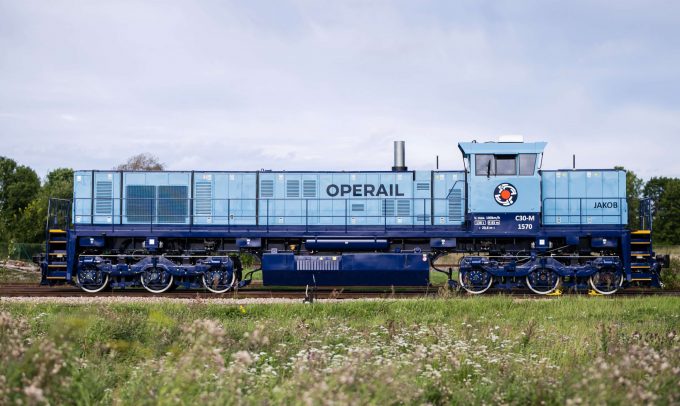EU shippers fear for business as their boxes stack up in Russia
While trade sanctions against Russia following its invasion of Ukraine in 2022 have been well-documented, ...

Sanctions against Russia have almost obliterated Estonia’s state-owned rail freight operation, with Operail reporting volumes for the first six months down by 83%.
The collapse to just 1.1m tonnes has led it to consider privatisation, ebitda for the period having dropped to just €200,000, amounting to a net loss of €3.1m.
CEO Raul Toomsalu said: “Operail does not support the aggressor nation [Russia] in any way. [But] the war inevitably grants a significant business advantage to ...
USTR fees will lead to 'complete destabilisation' of container shipping alliances
Outlook for container shipping 'more uncertain now than at the onset of Covid'
Flexport lawsuit an 'undifferentiated mass of gibberish', claims Freightmate
Shippers warned: don't under-value US exports to avoid tariffs – 'CBP will catch you'
Cancelled voyages take the sting out of spot rate declines this week
New Houthi warning to shipping as rebel group targets specific companies


Comment on this article